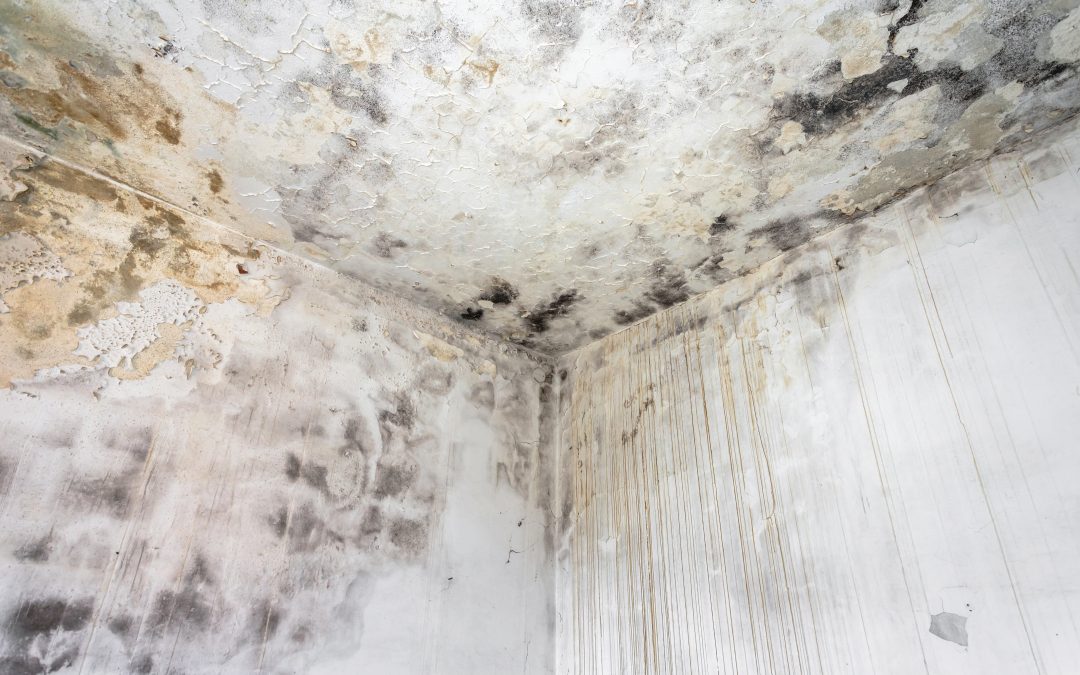Basement waterproofing is a crucial step in maintaining the structural integrity and overall health of your home. The basement, being below ground level, is more susceptible to moisture infiltration and water damage. Without proper waterproofing, your basement could become a breeding ground for mold and experience costly damage. In this article, we will delve into the importance of basement waterproofing, discuss different methods, factors to consider, and the value of seeking professional assistance.
Understanding the Importance of Basement Waterproofing
First and foremost, let’s address why basement waterproofing is necessary. Basement moisture can originate from various sources such as groundwater seepage, poor drainage, or cracks in the foundation. When left unattended, this moisture can lead to significant issues, including the growth of mold and mildew.
Mold is a common problem in basements that lack proper waterproofing. Mold spores thrive in damp and humid environments, which make basements an ideal breeding ground. The presence of mold poses health risks to you and your family, including respiratory problems, allergies, and even more severe complications.
Types of Basement Waterproofing Methods
There are different methods available to waterproof your basement, both from the exterior and interior.
Exterior Waterproofing
One effective method is exterior waterproofing, which involves addressing moisture issues from the outside of the basement walls. This method includes excavation and applying a waterproof coating to the exterior walls. Additionally, French drains can be installed to divert water away from the foundation. Another option is the use of an exterior waterproof membrane, which acts as a barrier against water intrusion.
Interior Waterproofing
Interior waterproofing focuses on controlling moisture from the inside of the basement. This method is often more cost-effective and less invasive. It involves applying an interior waterproof coating to the walls, as well as installing drain tiles and a sump pump system to redirect and remove excess water. Crack injections can also be employed to seal any existing cracks in the foundation.
Factors to Consider when Choosing Basement Waterproofing
When deciding on the most suitable basement waterproofing method for your home, several factors come into play.
The severity of the moisture problem
It is essential to identify the source of moisture in your basement before implementing any waterproofing measures. This will help determine the appropriate method to address the issue effectively. Additionally, assessing the extent of damage caused by moisture will guide you in making informed decisions.
Budget and long-term cost-effectiveness
Consider your budget and the long-term cost-effectiveness of the chosen waterproofing solution. While some methods may have higher initial costs, they might provide better long-term benefits and savings. Evaluate the overall cost, including maintenance and repair expenses, over time.
Timeline and disruption to the household
Understand the duration of the waterproofing process and the potential impact on your daily activities during installation. Some methods may require more time and cause more disruption to your household. It’s important to consider these factors and plan accordingly.
Comparing Different Basement Waterproofing Solutions
When comparing basement waterproofing solutions, several aspects should be taken into account.
Effectiveness in preventing mold growth
Each waterproofing method tackles the root cause of moisture differently. Some methods may be more effective in preventing mold growth than others. Consider the specific needs of your basement and choose a solution that directly addresses the underlying issue.
Durability and lifespan of each system
Evaluate the longevity of the chosen waterproofing method. Some solutions may offer extended durability and a longer lifespan, providing ongoing protection for your basement. Additionally, inquire about any warranties or guarantees provided with the chosen solution.
Maintenance requirements and ease of upkeep
Different waterproofing methods come with varying levels of maintenance requirements. Identify any necessary tasks for upkeep and consider the level of involvement needed to ensure the continued effectiveness of the chosen solution.
Seeking Professional Assistance for Basement Waterproofing
Given the importance and complexity of basement waterproofing, it is advisable to seek professional assistance. Waterproofing experts have the knowledge, skills, and experience to assess your specific situation and recommend the most suitable methods.
It is crucial to select a reputable waterproofing contractor to ensure the job is done effectively and efficiently. Research and read customer reviews to gain insight into their previous work. Obtain multiple quotes and consider references from satisfied customers before making your decision.
During the consultation process, ask the right questions to address any concerns or questions you may have. Inquire about the recommended waterproofing method and clarify any doubts. A trustworthy contractor will guide you through the process and provide the necessary information to make an informed decision.
Conclusion
Basement waterproofing is a vital investment in protecting your home from water damage and mold growth. By understanding the importance of waterproofing, exploring different methods, considering key factors, and seeking professional assistance, you can ensure the longevity and health of your basement. Take the necessary steps to keep your basement dry and secure, creating a safe and comfortable living environment for you and your family.
If you would like to learn more about basement waterproofing, visit PermaDry Waterproofing for valuable information and professional services.

